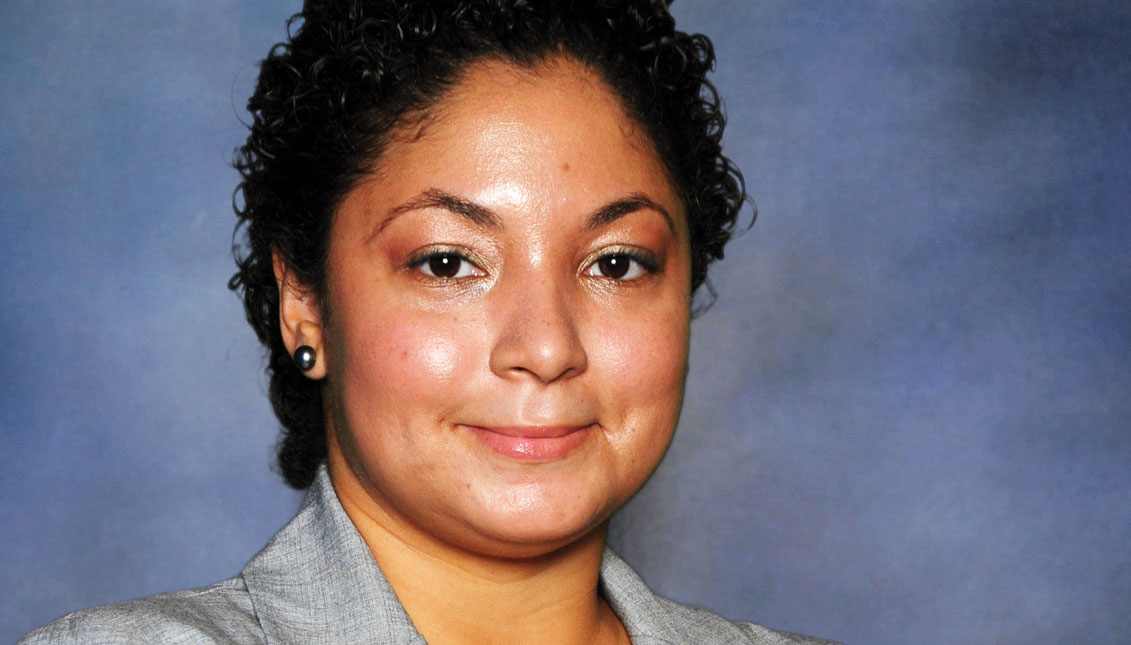
Ramona Ferreyra: The Latina entrepreneur promoting Hispanic heritage and culture through micro-fashion
With Ojala Threads, Ramona Ferreyra hopes to help younger generations of Hispanics represent and reflect their heritage, and their community.
For Ramona Ferreyra, showing pride in your heritage and community starts at an early age.
A Dominican-American born and raised in the New York City borough of Manhattan, Ferreyra said her family had a strong commitment to making sure she and her siblings connected with and upheld their Dominican culture. For example, as a child, Ferreyra would often participate in heritage festivals and parades, perform in front of crowds, and take dance classes at the request of her mother.
Growing up, she became immersed with her Dominican heritage, as she went to school in the Dominican Republic for four years and often spent much of her summers there, as well.
After completing her undergraduate degree at John Jay College, Ferreyra left New York City and spent 10 years living in Hawaii. While there, she completed her graduate studies at Hawaii Pacific University, and also worked with the FBI and Department of Defense.
Upon returning to New York City—this time to the South Bronx—Ferreyra felt eager to use all she learned while away to help others and make a difference in her community. While babysitting her infant nephew, Ferreyra formulated a business idea in her head to take a step in that direction.
“I decided that I wanted to create something for different communities where they could always allow their children to speak about their pride,” Ferreyra said during an interview with AL DÍA.
After about a year of preparation, designing and other logistics, that business idea soon led to the launch of Ojala Threads, a creator of baby clothing, specifically infant bodysuits, inspired by heritage.
“For the Dominican community... there are some customs that we have adopted from American culture that clash with traditional Dominican culture. And that tends to weaken, then, what we pass onto our children,” Ferreyra, the founder and CEO of Ojala Threads, said.
With Ojala Threads, the goal is for the designs to reflect Dominican and Hispanic heritage, culture, traditions, and experiences, while also creating more intergenerational conversations.
“We look at baby clothing, not only as fashion, but as parenting tools that will allow parents and babies to either get to know a different culture, or express their pride as a member of that community,” Ferreyra added.
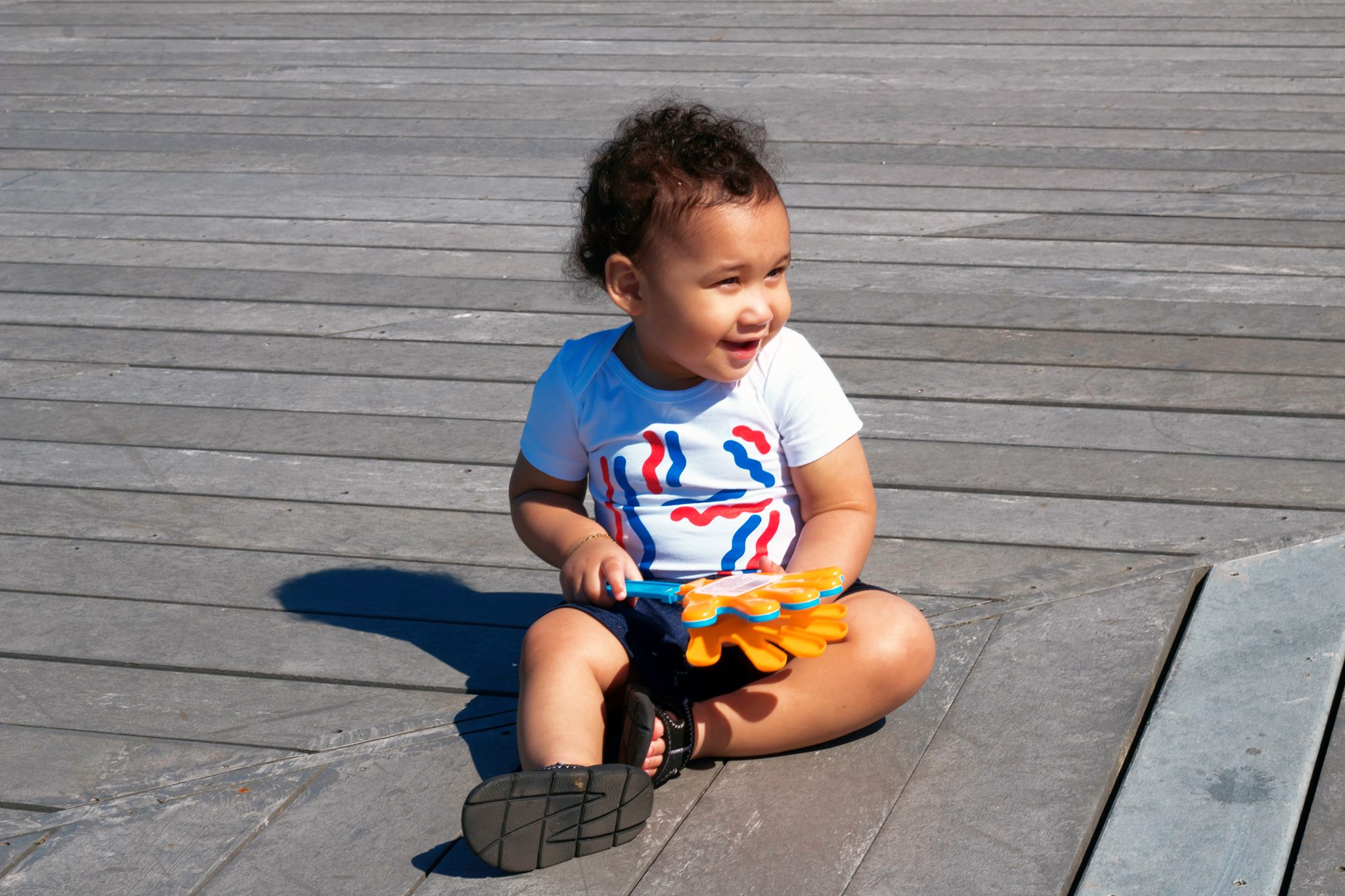
Each bodysuit is made only with white cotton fabric, and each color design is printed in non-toxic water-based ink in the South Bronx. Ferreyra added that as a company, she and her team make careful, environmentally-conscious production decisions.
Through an artisanal partnership, Ojala Threads allows artisans from various Hispanic and Caribbean countries to sell their heritage-inspired pieces through the organization. Customers are able to pre-order the items, after which the artist can then make the item, and sell it through the Ojala Threads website. In addition to the bodysuits, items such as coasters and espresso makers are also among the products currently available on the site.
In the few months since Ojala Threads launched, Ferreyra has entered several pitch competitions to gain more exposure and aid with funding. However, other than being named a finalist in one competition, Ferreyra felt a lack of success in her efforts with other organizations.
“What I found… was that because my product was a product that was really focused on the community that I come from, a lot of people didn’t see the value in it,” Ferreyra said. “They couldn’t understand the importance that heritage plays to immigrants, and to people that consider themselves a ‘hyphenated-American.’”
On Nov. 8, 2018, Ferreyra was named the grand prize winner of the 2018 Latina SmallBiz Expo & Pitch Competition, held at Hudson County Community College in New Jersey. The expo featured more than 70 Latina and minority-owned small businesses, as well as supporters and sponsors.
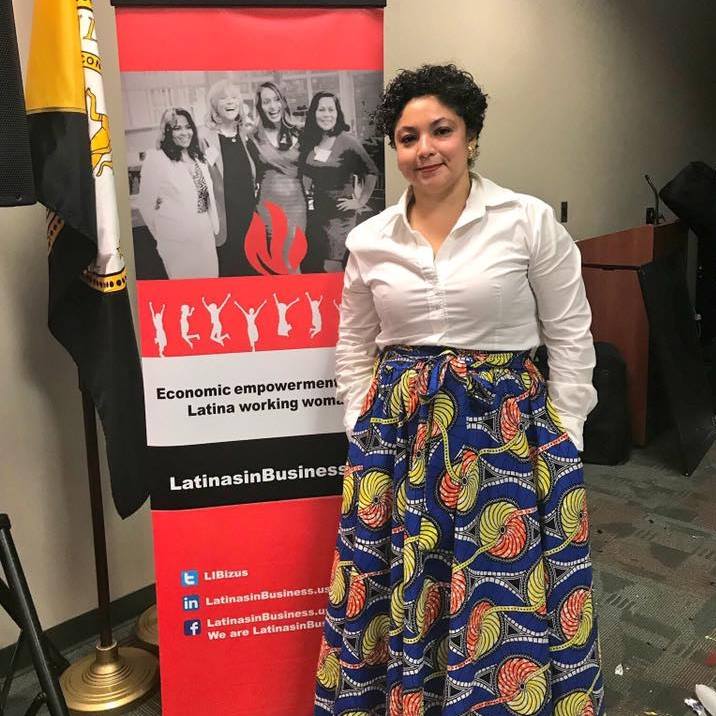
Ferreyra noted that for this contest, there wasn’t a need to explain the importance of immigrants or her product because of the people who were involved.
“As people of Hispanic descent, they understood the importance of passing on your heritage to the next generation; they understood the desire of wanting to hold on to customs; and wanting to have clothing that spoke about the foods that we like, and the things that we like to do,” said Ferreyra.
“Winning was awesome, because it was getting validation from my community,” she added.
Ferreyra said she is now more inclined to enter other smaller competitions that are based in communities and markets that would better understand the significance of her products and what she is hoping to accomplish.
RELATED CONTENT
As with many startup businesses, Ojala Threads was started as a way to help Ferreyra create a new source of income. However, Ferreyra’s foray into entrepreneurship wasn’t only for her own profit—she also wants to have a social impact component through non-profit work in the South Bronx.
Nearly two decades ago, Ferreyra was diagnosed with a physically limiting chronic illness that has, especially in recent years, rendered her unable to maintain a traditional full-time job.
Ferreyra filed for disability three years ago, and since then has been living off public assistance. Receiving less than $200 a month, Ferreyra said she had to create something that would give her the flexibility to work from home, as well as keep her stress levels down.
As someone who relies on government benefits, Ferreyra wanted to play a role in helping others who may be in similar situations.
“What I want do with our actual income is help support the people in this community that can’t get the help that they really need,” Ferreyra said.
According to the 2010 U.S. Census Bureau, the South Bronx is the poorest congressional district in the nation, with 38 percent of residents living below the poverty level.
When Ferreyra returned to NYC, she wanted to expand upon the work she was doing with the FBI and Department of Defense—helping the community through different programs and initiatives. One program would be focused on civic education, getting young people excited to vote; another would allow students in the neighborhood to get better school lunches through USDA partnership.
However, Ferreyra couldn’t find funding for those endeavors.
“I would say one my biggest frustrations is how much money is invested in talking about a business, and how little is actually given to people with good ideas,” she iterated. “I think that the model that we’re in right now, where we’re spending a lot on talking about business, is not really helping entrepreneurs.”
As an entrepreneur herself, Ferreyra wants to create an avenue for more aspiring entrepreneurs to generate the funding needed to get their business ideas off the ground. All in all, Ferreyra’s vision for the near and far future is that the success of Ojala Threads grows—and the opportunities for residents of the South Bronx and surrounding communities grow along with it.
With all the experiences she has gone through, Ferreyra credits her resiliency and commitment to the causes she feels is most important on a larger scale, for helping her reach the point in which she is today.
“If I wasn’t as committed to the non-profit work that I wanted to do; if that wasn’t driving me, if what was driving me was selling bodysuits, I would have quit a long time ago,” Ferreyra noted.
“But when I walk around my neighborhood and I see how much we get shortchanged, and I see the poverty, and I see public housing falling apart… I’m like, ‘this is more about that than it is about bodysuits.’
So far, Ferreyra’s commitment to her heritage and her community hasn’t wavered one bit.


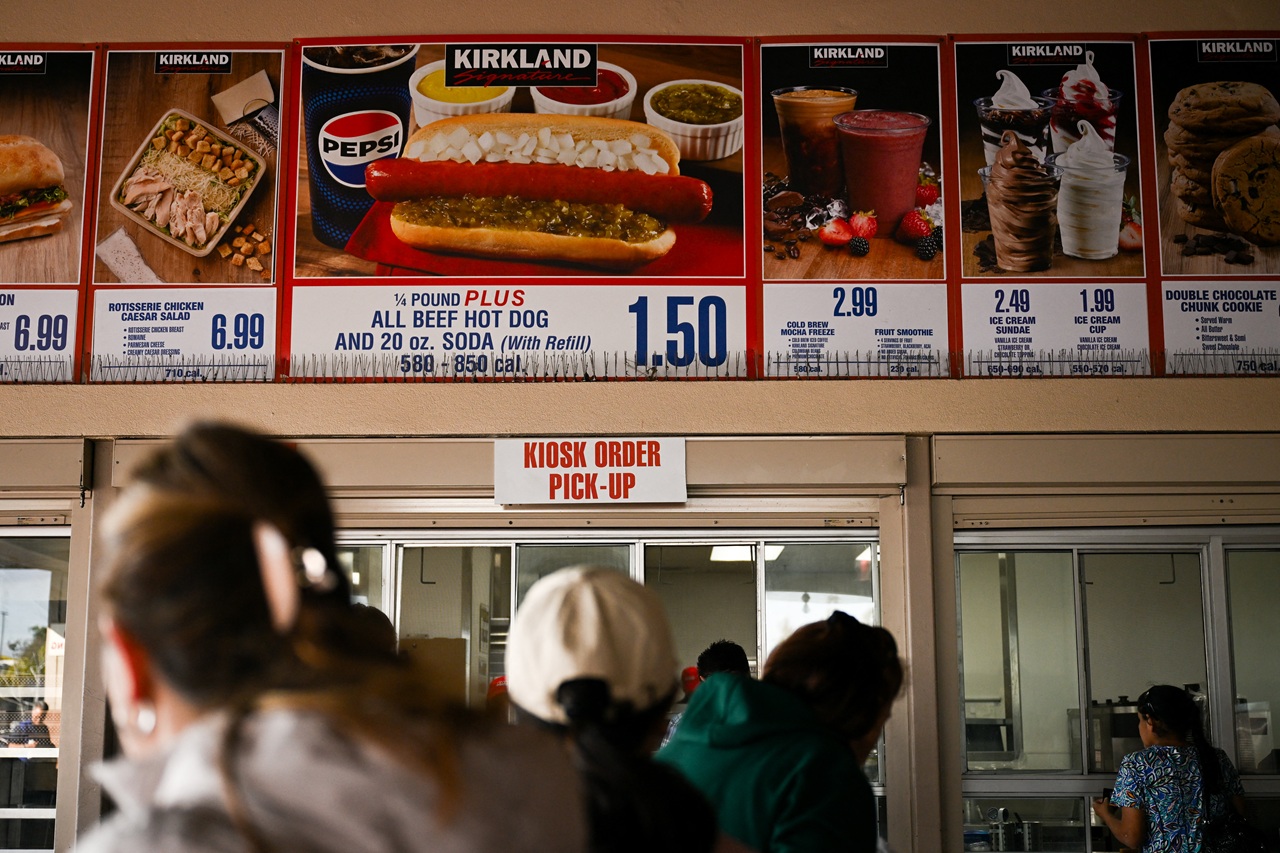


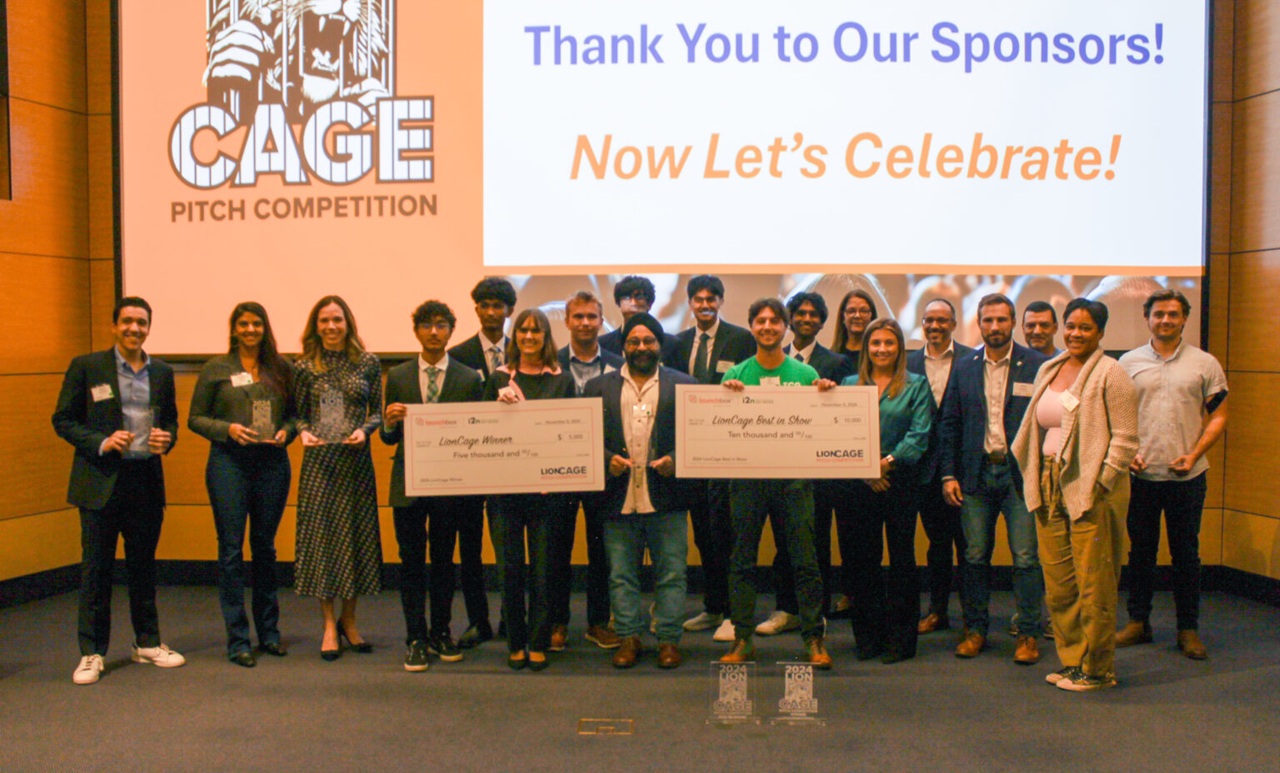



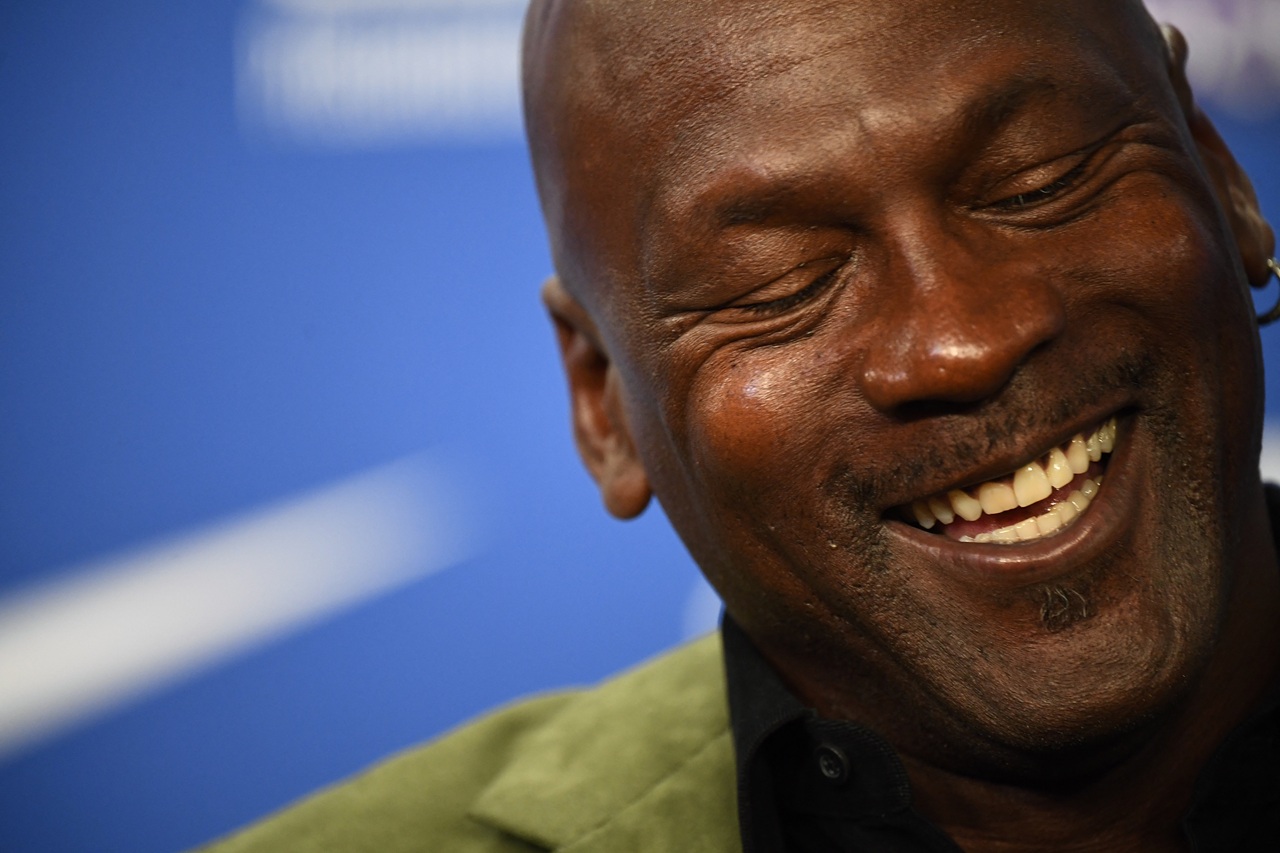

LEAVE A COMMENT: